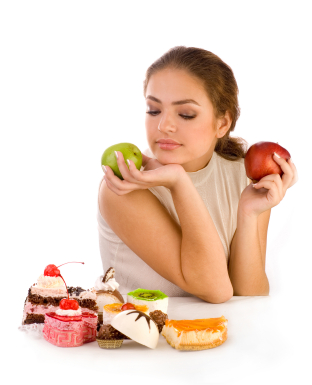
Forum: We now have a forum. You can post anonymously if you choose to. Please feel free to read posts, ask questions, make comments, or start new threads. Click here to go to the LLS forum.
Comments: If you find anything on this website helpful, or even if you have some constructive criticism to offer, please do let me know - click here and title your enqiry 'Feedback'.
Facebook: Please 'like' our facebook page by clicking the following link. Through this page you can also see updates relating to this website and make comments. Official Facebook Live Life Satisfied page
Twitter: Follow @LLSPhil Follow us on Twitter and receive updates relating to this website.
Anxiety and impulse control: An example

This process applies to much that we learn and can be applied to the development of many of our brain processes. If an action is repeated enough times it will become automatic. Let us take an example of how we might change maladaptive lifestyle patterns. As outlined above, I have suggested that anxious individuals will have a reduced level of 'mental energy' reserves necessary for supressing 'drives' when such 'drives' are stimulated. In a stimulating situation, the person will struggle to supress their 'drives'. There are 2 typical responses to this situation. Let us imagine a situation in which cake is presented to an individual. Typically this can be quite a 'stimulating situation'. The anxious individual who has grown up with little 'mental energy' reserve for supressing impulse will typically have developed one of 2 responses to this sitution: she will have either-
- habitually learnt to give in to her impulse for rich foods, and simply developed little self-control in regards to supressing her desire for rich foods - she will usually eat the tasty cake, or
- she will have learnt to avoid cake altogether, she responds to most offers for cake by declining. She doesn't allow herself to enjoy cake at all, and in this way is not stimulated by the seductive taste of the rich foods. This is known in psychoanalysis as 'ego-restriction': the individual avoids being stimulated as much as possible. A further, somewhat similar response is know as 'isolation' in which the individual may eat some cake, but doesn't really enjoy it that much, because she is switching off her emotions and refusing to engage with the excitment and enjoyment of the experience.
Both responses are in contrast to the individual who is relatively free from anxiety. She can enjoy eating rich foods; however, she does not find it too difficult to decline if she feels that she feels that she has perhaps eaten too much rich food recently. She has little trouble in maintaining a good balence of enjoyment on occasion and decline on other occasions if she deems that she may benefit from not eating cake on that occasion. This is because she has little anxiety, and her mental energy is not being used for the purposes of attempting to negotiate deeper rooted conflicts.